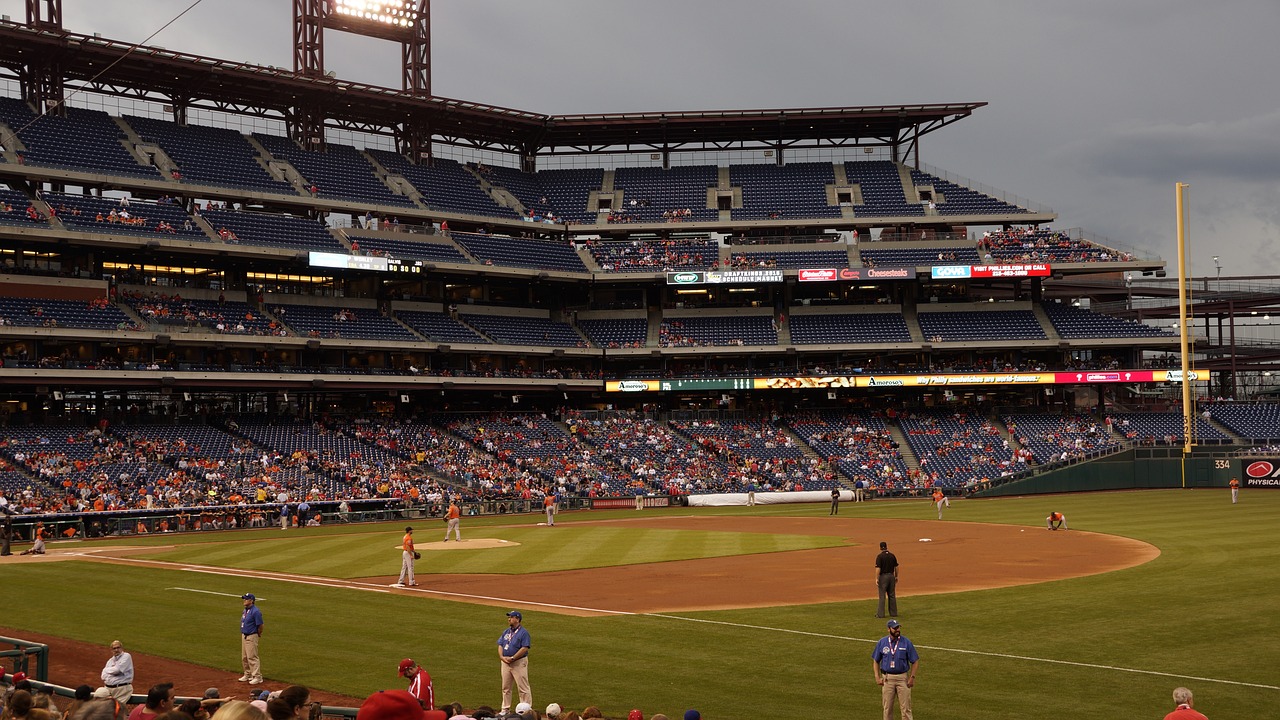Analyzing the Role of Groundskeeping in Wildlife Habitat Enhancement: All pannel.com, New betting id, Gold365
all pannel.com, new betting id, gold365: Groundskeeping plays a crucial role in enhancing wildlife habitats, creating safe environments for animals to thrive and ensuring biodiversity is maintained. It involves managing and maintaining outdoor spaces, including parks, gardens, and natural reserves, to support wildlife populations and promote ecological balance. In this article, we will delve into the significance of groundskeeping in wildlife habitat enhancement and how it contributes to conservation efforts.
Importance of Groundskeeping in Wildlife Habitat Enhancement
1. Providing Shelter and Food Sources: Groundskeepers play a key role in creating diverse habitats that offer shelter and food sources for wildlife. By maintaining a variety of plants, trees, and grasses, they can attract different species of animals and insects, supporting the local ecosystem.
2. Managing Invasive Species: Invasive species can outcompete native plants and disrupt the natural balance of an ecosystem. Groundskeepers work to identify and remove invasive species, allowing native plants to thrive and providing a healthier habitat for wildlife.
3. Creating Wildlife Corridors: Wildlife corridors are essential for connecting fragmented habitats and allowing animals to move freely between them. Groundskeepers can establish and maintain these corridors, ensuring that wildlife can access food, water, and shelter more easily.
4. Water Management: Proper water management is essential for wildlife habitats, as it ensures that animals have access to clean water sources. Groundskeepers can design and maintain ponds, wetlands, and streams to provide water for wildlife and support aquatic species.
5. Promoting Biodiversity: By creating and maintaining diverse habitats, groundskeepers support a wide range of plant and animal species. Biodiversity is essential for ecosystem resilience, as it increases the overall health and stability of an ecosystem.
6. Educating the Public: Groundskeepers can also play a role in educating the public about the importance of wildlife habitat enhancement. By showcasing their work and highlighting the benefits of conservation efforts, they can raise awareness and inspire others to contribute to wildlife conservation.
FAQs
Q: How can individuals contribute to wildlife habitat enhancement in their own communities?
A: Individuals can plant native species in their gardens, avoid using pesticides and herbicides, and create wildlife-friendly habitats by providing food, water, and shelter for local wildlife.
Q: What are some common challenges faced by groundskeepers in wildlife habitat enhancement?
A: Some common challenges include managing invasive species, dealing with habitat fragmentation, and balancing the needs of wildlife with human activities in outdoor spaces.
Q: What role do public parks and gardens play in wildlife habitat enhancement?
A: Public parks and gardens can serve as important wildlife habitats, providing green spaces for animals to live and thrive in urban environments. Groundskeepers in these areas play a vital role in creating and maintaining habitats that support local wildlife populations.







